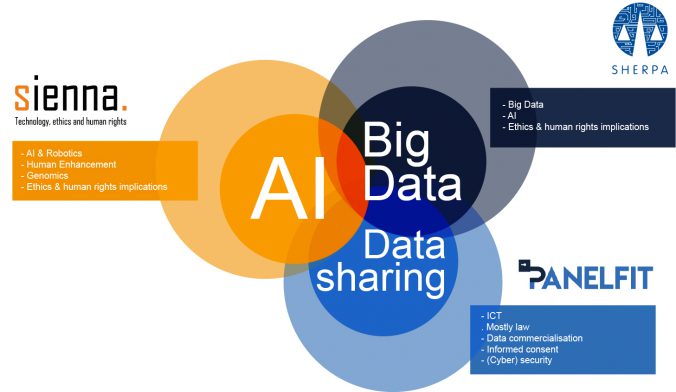 Why should we hold our philosophical tradition in high esteem? Why should we admire Socrates and other great thinkers? Because they strengthened reason? Because they taught humanity to set emotions aside and instead purify facts and logic?
Why should we hold our philosophical tradition in high esteem? Why should we admire Socrates and other great thinkers? Because they strengthened reason? Because they taught humanity to set emotions aside and instead purify facts and logic?
If that were true, we should admire the philosophers for armoring humanity. For turning us into clever neurotics without contact with our emotional life.
I believe the greatness of these philosophers is more simple, humble and human. They were embarrassingly aware of their own intellectual sinfulness. They had the courage to confess their sins and to examine them closely. They had the courage to know themselves.
That sincere humility, I believe, marks true thinkers from all parts of the world. Just as Socrates, in the middle of a discourse, could hear an inner voice stop him from speaking with intellectual authority on some topic, Lao Tzu saw it as a disease to speak as if we knew what we do not know.
These genuine thinkers hardly spoke with intellectual certainty. At least not in their most creative moments. They probably felt ashamed of the cocksure voice that marks many of our intellectual discussions about prestigious topics. They probably spoke tentatively and reasoned hesitantly.
We are all fallible. Philosophy is, at heart, intense awareness of this human fact. How does such awareness manifest in a thinker? Usually through questions that openly confess that, I know that I do not know. A philosophical inquiry is a long series of confessions. It is a series of sincere questions exposing a deep-rooted will to control intellectually the essence of various matters. The questions become clearer as we come to see more distinctly how this will to power operates in us. When we see how our desire to dictate intellectually what must be true, blinds us to what is true.
Do you and I, as academics, dare to admit our intellectual sinfulness? Do we dare to confess that we do not know? Do we have the courage to speak tentatively and to reason hesitantly?
I believe that we would do a great service to ourselves and to humanity if we more often dared to speak openly in such a voice. However, we are facing a difficulty of the will. For there is an expectation that researchers should master facts and logic. Surely, we are not paid to be ignorant and irrational. Therefore, must we not rather disseminate our knowledge and our expertise?
Of course! However, without awareness of our intellectual sinfulness, which could stop Socrates in the middle of a sentence, we run the risk of contributing to the disease that he treated in himself. We display not only what we happen to know, but also a shiny facade that gives the impression that we control the truth about important matters.
In short, we run the risk of behaving like intellectual Pharisees, exhibiting an always well-polished surface. Below that surface, we wither away, together with the society to which we want to contribute. We lose touch with what truly is alive in us. It succumbs under the pressure of our general doctrines about what must be true. Intellectualism is a devastating form of fact denialism. In its craving for generality, it denies what is closest to us.
Do not armor yourself with rationalism as if truth could be controlled. Instead, do what the greatest thinkers in the history of all of humanity did. Open yourself to what you do not know and explore it in earnest.
You are vaster than your imagined knowledge. Know yourself!



 Do you use Google Maps to navigate in a new city? Ask Siri, Alexa or OK Google to play your favourite song? To help you find something on Amazon? To read a text message from a friend while you are driving your car? Perhaps your car is fitted with a semi-autonomous adaptive cruise control system… If any software or machine is going to perform in any autonomous way, it needs to collect data. About you, where you are going, what songs you like, your shopping habits, who your friends are and what you talk about. This begs the question: are we willing to give up part of our privacy and personal liberty to enjoy the benefits technology offers.
Do you use Google Maps to navigate in a new city? Ask Siri, Alexa or OK Google to play your favourite song? To help you find something on Amazon? To read a text message from a friend while you are driving your car? Perhaps your car is fitted with a semi-autonomous adaptive cruise control system… If any software or machine is going to perform in any autonomous way, it needs to collect data. About you, where you are going, what songs you like, your shopping habits, who your friends are and what you talk about. This begs the question: are we willing to give up part of our privacy and personal liberty to enjoy the benefits technology offers.



Recent Comments